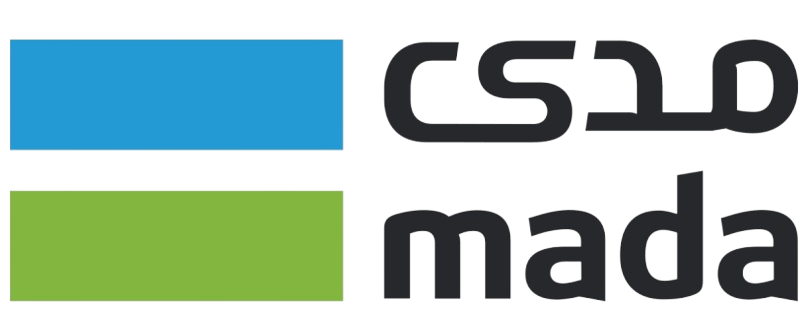Diver Stress & Rescue
Description:
What is stress? Stress is a major contributor to rescue situations and diving accidents. As an engaged diver, you want to expand your knowledge about stress management.
Through the SSI Diver Stress and Rescue course you will appreciate to recognize accident prevention, as well as how to handle problem situations if they occur. Our program is about avoiding, recognizing and solving problems on the surface and underwater.
Points of interest are skills needed to manage panic, detecting conditions that complicate rescues, surfacing an unconscious diver , in-water artificial respiration and panicked diver response.
SSI Diver Stress & Rescue. The Training Sessions.
After completing all academic sessions and assessments you will make three pool/confined water sessions.
Then we start three open water training and complete a Diver Stress & Rescue final exam with passing score of at least 80%
Prerequisite
• Minimum age: 12 years old.
• Complete SSI medical questionnaire before starting the course.
• Amount of Academic Sessions: Variable
• React Right is open to divers and non-divers
Join Now
2,000.00 SAR
SHARE THIS ADVENTURE
Course Details
Location
- Jeddah
Duration
- 3 Days
Group Size
- 2 Persons
Includes
- Digital Kit
- Pool training sessions
- 6 Open Water Dives
The Adventure
All Start Here
Day 1
Day 3
Day 2
Day 4
FAQ
Is scuba diving safe?
Is scuba diving hard?
Diving programs have been designed in a way that teaches you all you need to know within just a few days, and in a way that is easy to remember. There is always more to learn about scuba diving, but getting the basics is fairly easy, and lots of fun!
Once you have practiced using the equipment and learned to control your buoyancy etc., you will find that scuba diving becomes second nature and does not require too much thought.
What is a scuba certification?
A certification is achieved after you pass all of the requirements during your scuba diving program. The best way to learn to scuba dive is to earn your Open Water Diver certification, which will certify you to dive safely to a maximum of 18 meters (60 feet) deep.
Once you have this certification, you can flash it at any dive center around the world and start exploring the incredible underwater world. But getting your Open Water Diver certification is just the start of the adventure! There are many advanced diver programs you can join that will certify you to dive deeper, go shipwreck diving, try night diving , and more.
Will my scuba certification expire?
Once you are certified you are certified for life! However, if you have a period where you do not scuba dive for a while, you will need to take a scuba skills update with a dive professional who can assess your diving skills and ensure you are still comfortable in the water.
How deep can you scuba dive?
The maximum depth for recreational diving is 40 meters (130 feet). Technical divers can dive deeper, but this requires in-depth training and breathing a different mix of gasses.










